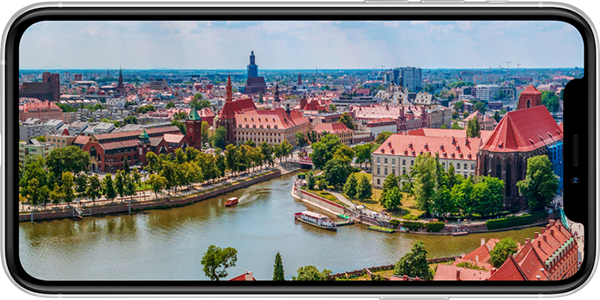Public History MA Program is open to all the BA graduates (not only in history) interested in public history.
What does the program provide:
All the classes combine theoretical and practical aspects. Students participate in excursions and debates, write speeches, journal articles and other texts, prepare audio-visual materials, develop their own history-related games, organize history-related events for various audiences etc.
It opens the door to various careers e.g. in libraries, cultural tourism, historic preservation, archives, museums, and many other professional fields. Public historians use their knowledge to meet the needs of the public, whether that public is defined as a city, a neighbourhood or a historical society.








